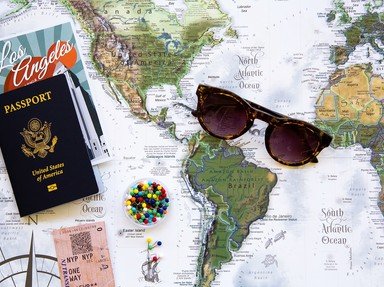Quiz Answer Key and Fun Facts
1. Who was the first recipient of the Nobel Prize in Literature?
2. The second French winner of the Nobel Prize in Literature was Frédéric Mistral. In which (non-official) language related to French did he write poetry?
3. Romain Rolland's oeuvre was quite impressive. Which of the following was *NOT* a historical-philosophical drama about the French Revolution?
4. In 1921 the Nobel Prize in Literature was awarded to a novelist who chose as pseudonym the name of his country. His first novel was "Jocaste et le chat maigre" ("Jocasta and the Famished Cat"). What surname did he use?
5. Which French philosopher won the Nobel Prize in Literature in 1927? One of his main publications was "L'évolution créatrice" ("Creative Evolution").
6. What is the title of Roger Martin du Gard's masterpiece?
7. Which French author took the Bible as inspiration for the title of some of his works, such as "Le retour de l'enfant prodigue" or "La porte étroite"?
8. Who is best known for his novel "Thérèse Desqueyroux", and won the Nobel Prize in Literature in 1952?
9. Which author, who won the Nobel Prize in 1957, created the character Meursault, who killed an Arab?
10. Who was the first French author who rejected the Nobel Prize, when it was awarded to him in 1964?
Source: Author
JanIQ
This quiz was reviewed by FunTrivia editor
looney_tunes before going online.
Any errors found in FunTrivia content are routinely corrected through our feedback system.
